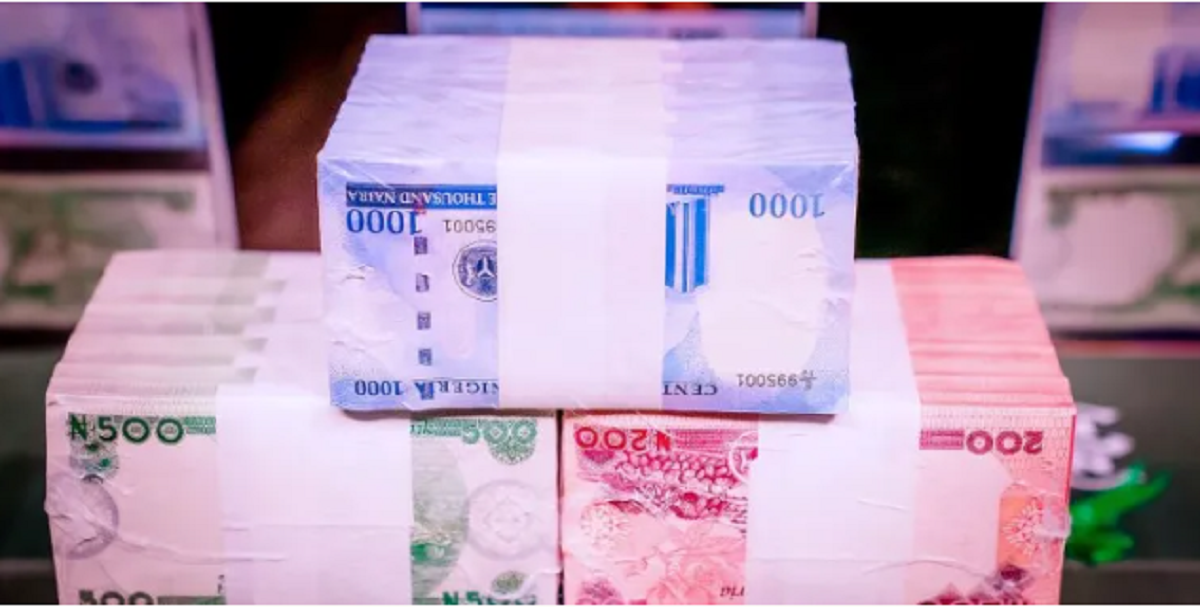NSPM has explained why new Naira notes leave ink when rubbed on a white surface.
NewsOnline reports that the Nigerian Security Printing and Minting (NSPM) Plc, the company responsible for producing Nigeria’s currency, has explained why the new Naira notes leave ink when rubbed on plain white.
This online news platform understands that the printing company in a statement signed by the Managing Director, Ahmed Halilu highlighted this when addressing concerns by Nigerians on the quality of the redesigned notes.
ALSO: Major Shake-up As Nigerian Army Redeploys Major Generals, GOCs [Full List]
NSPM notes that the same material was used in producing the new notes and the old ones, whilst adding that both passed through the same printing processes and finishing procedures.
Assuaging concern: Part of the statement by NSPM, which was released to address the misconceptions many people have about the new naira note, said:
- “The attention of the Nigerian Security Printing and Minting Plc has been drawn to various clips, skits, concerns and comments on various platforms regarding the quality of the redesigned banknotes that were recently unveiled and issued by the Central Bank of Nigeria.
- “As the nation’s foremost security printing and minting company saddled with the responsibility of producing the country’s currency (naira), we find it expedient to address the salient issues and further enlighten Nigerians on the features of the currency and, most importantly, the misconception about the quality of the new naira notes.”
Zero currency importation: NSPM stated that it has been meeting the currency needs of Nigeria with the support of the Central Bank of Nigeria since 2014. Indeed, it stated that Nigeria has achieved zero importation of currency, developed local capacity, and, to an extent, conserved foreign exchange within this period.
- “We want to inform all Nigerians that the new naira notes are of the same substrates and passed through the same printing processes and finishing procedures.
- “It is, therefore, basically the same as the other notes in circulation. It also leaves traces of intaglio inks when rubbed on plain white surfaces. It is, however, important to note that new banknotes are generally light when issued, then become heavier in circulation on getting in contact with dirt and moisture.
- “the second stage of currency printing (Intaglio) requires a heavy deposit of special inks with fairly large particles to give a tactile feeling of the portraits as well as other raised prints by way of design.”














